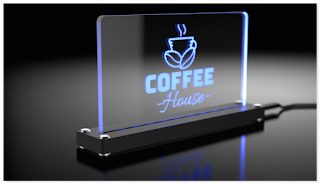led skyltar

Can-bus stands for controller area network and is a specialized communication network that allows devices within the vehicle to communicate to the cars computer or ECU. With this complex system in place, the driver will be notified of any parts of the vehicle that are not operating within the manufacturers limitations such as non-functioning lights, low tire pressure, parts that are not working correctly, and more. Many modern European vehicles such as Audi, BMW, Porsche, Mercedes-Benz, and more are the most common candidates for can-bus systems; although some of the newer American cars are starting to develop this technology as well. With aftermarket LED lights, vehicles with can-bus systems are not optimized for these lights so special can-bus or "error free" LED bulbs were created to solve this issue. Can-bus LED bulbs solve the problem using three common ways: Raise the wattage using built-in resistors, using higher wattage LED diodes, or raise the wattage using c
